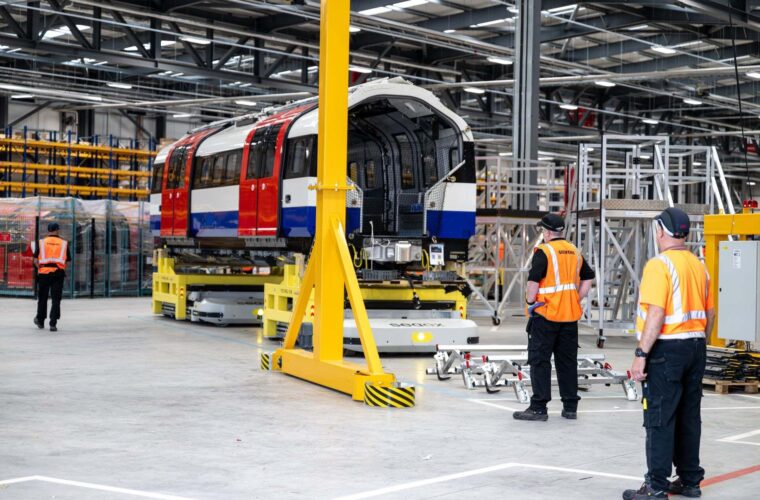The 5th edition of the Digital Quality of Life Index (DQL) places Italy in 24th place in the world ranking, down five positions compared to the previous year. Among the five pillars of the index, Italy recorded the best results in digital security and e-government, achieving 19th place in both cases. At the same time, it showed difficulties regarding internet accessibility, placing 47th place. The country occupies 30th place in the digital infrastructure ranking and 33rd in the internet quality ranking. Italy remains behind Spain (6th) and France (1st) in the overall index. Overall, European countries lead the world in terms of quality of digital life, with Italy occupying 18th place in this geographic area.
Internet quality in Italy is 17% higher than the world average. The fixed internet network in Italy has an average speed of 139 Mbps. To give an idea, the fastest fixed internet network in the world, that of Singapore, is 300 Mbps. The slowest fixed internet network in the world, that of Yemen, is 11 Mbps. The mobile internet network has an average speed of 74 Mbps. The fastest mobile internet network, that of the United Arab Emirates, is 310 Mbps, while the slowest in the world, Venezuela, is 10 Mbps. Compared to Spain, mobile internet in Italy is 6% slower, while fixed broadband is 42% slower.
Speed improved
Fortunately, since the previous year, the speed of mobile internet in Italy has improved by 32%, while that of fixed broadband has grown by 28%. The internet has affordable prices in Italy compared to other countries. Italians have to work 2 hours and 2 minutes a month to be able to afford a fixed broadband internet network. Although this is lower than average, it is seven times higher than that of Romania, which boasts the cheapest fixed internet network in the world (Romanians have to work 18 minutes a month to afford it).

Italians must work 1 hour and 56 seconds monthly to afford a mobile internet network. This figure is four times higher than that of Luxembourg, which boasts the cheapest mobile internet network in the world (Luxembourgers have to work 16 minutes a month to afford it). Italy occupies 19th place in the world digital security ranking, two positions less than the previous year. The digital security pillar analyzes a country’s level of preparedness to combat cybercrime and the level of development of data protection laws. In this pillar, Italy remains behind Spain (9th) and France (13th). However, in the global context, Italy has the necessary means to fight cybercrime, and being a member of the EU and subject to the GDPR, the country has excellent data protection laws.
Italy ranks 30th in terms of digital infrastructure and 19th in terms of e-government. An advanced digital infrastructure facilitates the use of the internet for various daily activities, such as working, studying, shopping, etc. This pillar evaluates the degree of internet penetration in a given country and its predisposition to exploit the network (predisposition to exploit information and communication technologies). Internet penetration in Italy is high (91% – 40th place in the world), and the country ranks 30th for internet readiness.
The e-government pillar shows the level of development of a government’s digital services and the level of mastery of a country’s artificial intelligence (AI). Italian e-government is well above the world average. Globally, the cost of the internet is more affordable than the previous year. Fixed internet is 11% cheaper than the previous year: on average, people have to work 42 minutes less per month to afford it. Mobile internet is 26% cheaper than the previous year: people must work 41 minutes less to afford it.


